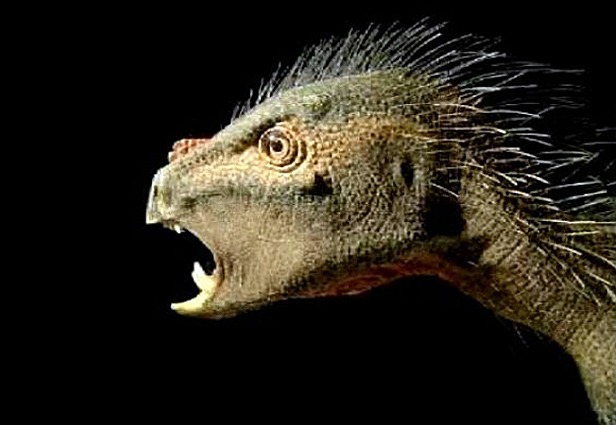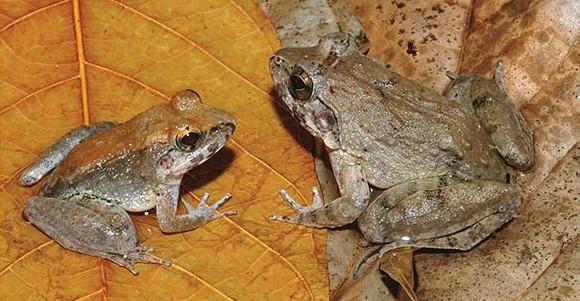
Humans have scoured the earth carrying out rigorous expeditions in the search to discover every species that roams the earth. To date, there has been approximately 2 million species of animal, plant and microbe that have been recorded by science; however, despite this already large number, scientists believe that we have yet to scratch the surface.
Although species with the highest biodiversity, such as insects and virus’s, are typically discovered more frequently than mammals, it still does occur—especially in remote ecosystems that have not been well studied.
Interest blooming within the science community has resulted in an influx of the discovery of new species. During August of this year, several species new to science were discovered, including a howling Peruvian monkey, a centimetre-long toad, 13 spiders in Australia, and a historic first, the discovery of a new plant on the social media site Facebook.
A lot of new discoveries are being discovered by museums. Peering at genetic codes and combing through fossils and old collections. In 2014, 18,000 previously unidentified organisms, such as a species of fanged frog (Limnonectes larvaepartus) endemic to Sulawesi, Indonesia that has a unique fertilisation method that involves giving birth to live tadpoles, were discovered.

Despite this flurry of achievement, biologists and naturalist are still left wondering how many other species still remain? Canadian marine research ecologist Dr Boris Worm, is currently thought to have the most credible estimation— around 8.7 million species have yet to be found, leaving an extensive gap between what we already know.
The advancement of technology has significantly helped in the discover effort; however, even the most precise scientific instruments will struggle to measure the quantity of the microscopic species that dwell beneath our feet. On average, one spoonful of soil will contain approximately 10,000 species of bacteria that are completely unknown to science.
Humans are always eager to explore and reach beyond the realms to achieve the unachievable. Yet we know more about the universe than our own planet. Our oceans cover 71 percent of the Earth’s surface, yet 95 percent remains to be explored. The Mariana trench, located west of the pacific, is the deepest part of all the world’s oceans, reaching a gigantic 11.03 kilometres (6.85mi) depth. It leaves one thinking, what could be lurking down in the deepest depths.
Australian scientist, Lord Robert May commented in the journal PLos Biology “It is a testament to humanity’s narcissism that we know the number of books in the US Library of Congress on 1 February 2011 was 22,194,656, but cannot tell you – within an order of magnitude – how many distinct species of plants and animals we share our world with.”
These new discoveries do not just fill gaps within evolutional trees, they come with the new found knowledge of undiscovered behaviours and chemical defences. These weapons of protection may hold the key to the development of treatments and medicines that will cure an arrange of diseases, from cancer to Alzheimer’s. Underwater pharmacies are becoming a thing of the future, but how sustainable will it be once you consider the exponential rate of degradation, a factor that could delay the discovery of these medicines.
Our passion as human beings has allowed us to push the boundaries of discovery; we have sent probes such as Voyager into the deepest depths of our solar system and Curiosity scours the surface of mars, turning over rocks looking for life.
Yet the treasure hunt to complete the species list, a task which requires us to reach beyond our limited microscope capabilities, will continue to tantalise scientist of today.
This Article (Why The Influx Of Newly Discovered Species May Lead To A Brighter Future) is free and open source. You have permission to republish this article under a Creative Commons license with attribution to the author and AnonHQ.com.




